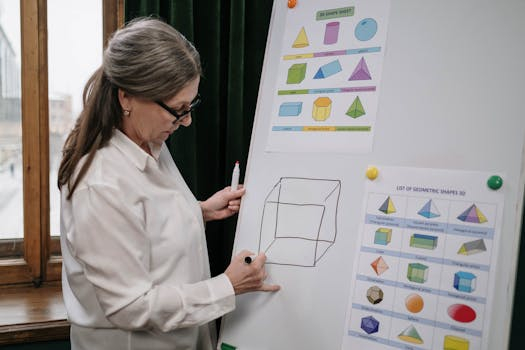The Role of Simulations in Experiential Learning
Experiential learning is a key aspect of education and has gained recognition as one of the most effective ways of learning. It involves learning through experience and active participation, rather than just through traditional classroom lectures and textbooks. One of the most powerful tools in experiential learning is simulations. They have become a popular educational tool, used by teachers and trainers across different fields of study. But what exactly is the role of simulations in experiential learning? How do they enhance the learning experience? Let’s delve deeper into this topic and explore the impact of simulations in experiential learning.
The Definition of Simulations in Experiential Learning
Simulations are a form of experiential learning that use a combination of technology and real-life scenarios to replicate real-world experiences for educational purposes. They usually involve creating an environment for participants to actively engage with, in order to learn and develop skills that will be applicable in real-life situations. This can range from virtual reality games to role-playing scenarios and business simulations.
The Importance of Simulations in Experiential Learning
The use of simulations in experiential learning has been on the rise due to the numerous benefits it offers to the learners. One of the key reasons for its popularity is that simulations create an environment that closely mimics real-life situations. This allows learners to make decisions and take actions in a safe setting, without the fear of real-life consequences. As a result, learners are able to experiment and take risks, which enhances learning and promotes critical thinking.
The interactive and engaging nature of simulations makes learning more fun and enjoyable. This leads to higher levels of motivation, which increases the willingness of learners to participate and engage in the learning process. Furthermore, simulations provide immediate feedback, allowing learners to assess their decisions and learn from their mistakes. This helps to reinforce the learning and makes it more effective.
The Benefits of Simulations in Experiential Learning
In addition to enhancing the learning experience, simulations have a wide range of benefits in experiential learning. They promote teamwork and collaboration, as learners are required to work together to achieve a common goal. This helps to develop essential soft skills such as communication, leadership, and conflict resolution. Simulations also provide a safe space for learners to practice skills that are necessary in their field of study. For example, medical students can use simulations to practice surgical procedures, without any risk to real-life patients.
Moreover, simulations allow learners to experience real-world scenarios in a controlled setting, which exposes them to different perspectives and challenges their assumptions. This promotes empathy and open-mindedness, which are crucial skills in today’s diverse world. Learners are also able to apply theoretical knowledge in a practical setting and gain a deeper understanding of the subject matter.
The Future of Experiential Learning with Simulations
Simulations are continuously evolving, with advancements in technology allowing for more immersive and realistic learning experiences. Virtual reality simulations, mixed reality simulations, and artificial intelligence-driven simulations are just a few examples of how simulations are constantly pushing the boundaries of experiential learning. These advancements will not only enhance the learning experience but also provide a cost-effective and sustainable solution for education.
In conclusion, simulations play a crucial role in experiential learning by providing a safe and engaging learning environment, promoting critical thinking, and developing essential skills. As we move towards a more technology-driven world, the use of simulations in education will continue to grow and revolutionize the way we learn. It’s safe to say that simulations are here to stay and will continue to shape the future of experiential learning.








